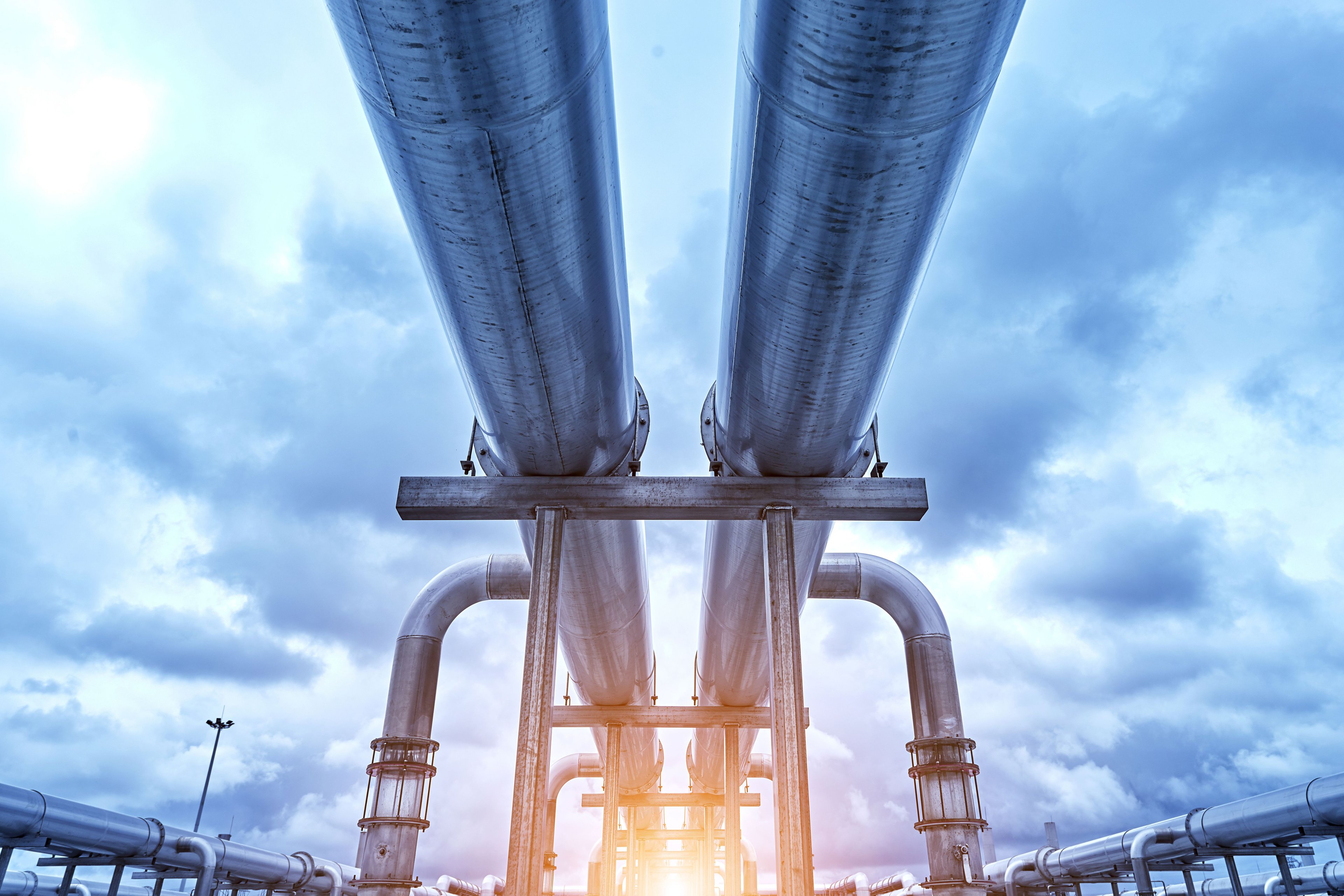Clean Energy Fuels (CLNE +1.38%) has seen its stock drop as the result of the plunge in oil prices. As we see here, in 2014, a 50% plunge in the price of oil resulted in a horrendous 62% drop in Clean Energy's stock price.
However, Clean Energy CEO Andrew Littlefair feels the drop is unjustified because he doesn't think that the incentive to switch from diesel to natural gas has been affected as much as investors worry. On the company's third-quarter conference call he pointed this out by saying:
I think it's worth emphasizing that the recent dip in oil prices doesn't eliminate our significant economic advantage over diesel. While oil prices have dropped 20% since June, natural gas prices have come down over 13% during that time frame. Diesel prices have only dropped 6.5%. Our fuel still offers substantial savings. Plain and simple, our customers save more money using natural gas as a fuel. The more fuel they use, the more they save.
That being said, oil prices have come down a lot more since he made those remarks. However, as he noted, the price of diesel hasn't dropped as deeply as the price of oil. We see this in the next chart that from the beginning of June to the beginning of December the price of natural gas has actually fallen a lot more than the price of diesel.
WTI Crude Oil Spot Price data by YCharts
What this tells us is that the incentive to switch from diesel to natural gas is still there, even if investors think it is disappearing. However, the issue Clean Energy Fuels and its customers are facing continue to be the high switching cost. He called the incremental cost to switch from a diesel engine to a natural gas engine as the "biggest hurdle to widespread adoption" of natural gas as a transportation fuel. That said, his company, and others in the industry, are working hard to solve this problem so that it makes it even easier for customers to switch in the future as they will be able to enjoy more of the discount between the price of natural gas and diesel.
Littlefair suggested on that conference call, "With higher volume, the incremental cost will come down." However, to get to those higher volumes, his company, and the industry as a whole, have work to do. That work has already begun as Littlefair noted:
[Clean Energy Fuels is] still in the early stages and we're working with all of the leaders in the natural gas fueling space to bring down the incremental costs of the trucks. This includes leasing programs, LNG, tank and cylinder deals, network fuel deals, and dealer education. We also now offer a low-cost option to modify fleet maintenance facilities. We are doing whatever it takes, and will continue to do what it takes to provide solutions for our customers.
The hope here is that by reducing the switching costs it will make the industry less susceptible to falling oil and diesel prices in the future. That's because natural gas is likely to always trade at a discount to oil, and therefore diesel, but that discount can contract when oil prices really take a tumble. So, in order to make the economics of switching even more attractive, no matter where oil goes, the company is working with others in the industry to get those costs down as much as possible. If the company can achieve this goal then low oil prices won't doom its future.







